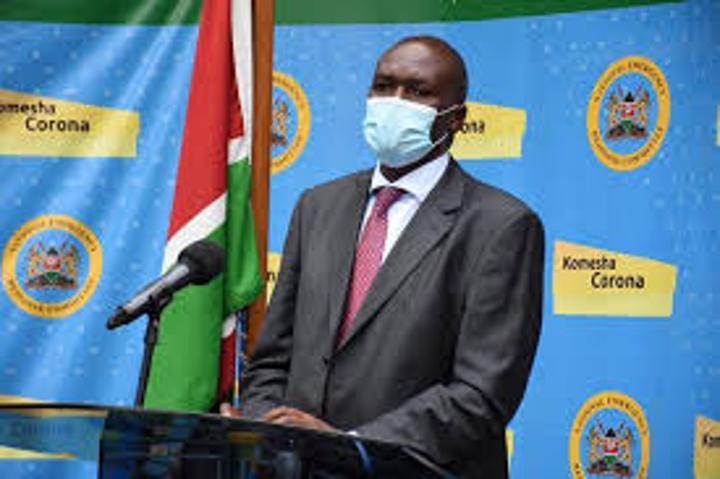Africa-Press – Kenya. The Ministry of Health has allayed fears of a potential crisis as it moves to integrate HIV and TB management into the broader healthcare system. In a statement, Health Ministry Director General Dr Patrick
Amoth reaffirmed the government’s commitment to ensuring a smooth and effective integration process. “In line with the policy direction set by the Cabinet
Secretary, Kenya has been working to integrate HIV and TB management into the general healthcare system,” Dr Amoth said. He explained that the approach aims to shift HIV and TB care
from being treated as standalone services to becoming part of the overall health service delivery model. This integration is seen as a crucial step in strengthening
the country’s healthcare system and improving health outcomes for all citizens. Following last year’s health summit, counties and communities across Kenya participated in learning sessions to understand the
importance of this integration. Dr Amoth highlighted that some counties, such as Murang’a, have already made significant progress, demonstrating that integration is
effective when stakeholders are aligned and committed. However, he acknowledged that challenges remain in some regions where misinformation and resistance have slowed the process.
“The lesson here is clear: successful integration of HIV and
TB services into the mainstream health system requires more than just financial resources,” Dr Amoth said. “It demands a transformation in mindset at all levels of the
healthcare system—from leadership to frontline workers. This is not just a local issue but a global one.” Dr Amoth reassured the public that the integration process
is part of a well-planned, long-term strategy that is already being implemented. “There have been concerns about a potential crisis surrounding this transition. However, it is essential to clarify that this is
not a crisis in the traditional sense,” he said. “While the process requires careful consideration and time, there is no immediate emergency.” He emphasized that the ministry has provided clear policy
direction, and integration remains the way forward. While some have called for crisis meetings, Dr Amoth stressed that integration is a structured process requiring strategic planning,
proper positioning, and a shift in attitudes toward healthcare services. “The government remains focused on ensuring that every county understands its role and is empowered to implement these changes
effectively,” he stated. Dr Amoth underscored that strong leadership, informed decision-making, and active community engagement are key to the success of the
integration process. “Counties that have embraced this shift, such as Murang’a, have seen tangible results. Others are still facing challenges, but the
Ministry remains committed to providing the necessary guidance and support to ensure a smooth transition across all regions,” he said. He reaffirmed that integrating HIV and TB services into the
mainstream health system is a critical step toward ensuring long-term health security for Kenyans. “The Ministry, in collaboration with county governments and
communities, will continue to provide leadership and resources to make this vision a reality,” Dr Amoth stated. “It is time to build on our strengths, avoid unnecessary panic, and work together to create a healthcare system that is more inclusive, efficient, and sustainable for all.”
For More News And Analysis About Kenya Follow Africa-Press






